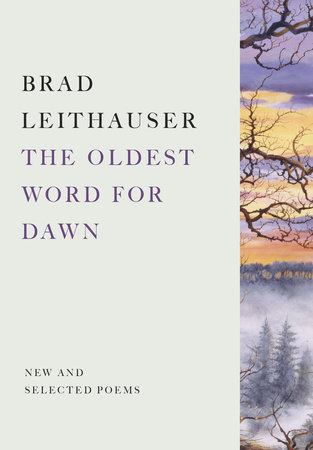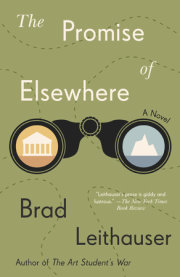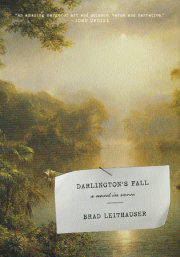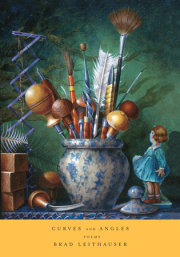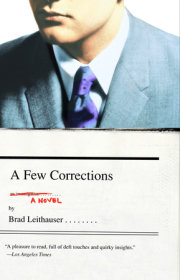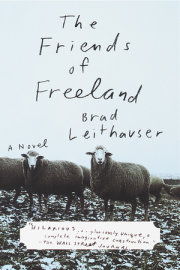OLD GLOBE
For her big birthday
we gave her (nothing less would do)
the world, which is to say
a globe copyrighted the very year
she was born—eighty years before.
She held it tenderly, and it was clear
both had come such a long way:
the lovely, dwindled, ever-eager-to-please
woman whose memory had begun to fray
and a planet drawn and redrawn through
endless shifts of aims and loyalties,
and war and war.
*
Her eye fell at random. “Formosa,” she read.
“Now that’s pretty. Is it there today?”
A pause. “It is,” my brother said,
“though now it’s called Taiwan.”
She looked apologetic. “I sometimes forget . . .”
“Like Sri Lanka,” I added. “Which was Ceylon.”
And so my brothers and I, globe at hand, began:
which places had seen a change of name
in the last eighty years? Burma, Baluchistan,
Czechoslovakia, Abyssinia, Transjordan, Tibet.
Because she laughed, we extended our game
into history, mist: Vineland, Persia, Cathay . . .
*
She was in a middle place—
her forties—when photos were first transmitted,
miraculously, from outer space.
Who could believe those men—in their black noon—
got up like robots, wandering the wild
wastelands of the moon,
and overhead a wholly naked sun
and an Earth so far away
it was less real than this one,
the gift received today—
the globe she’d so tenderly fitted
under her arm, like a child.
*
Finally, there’s cake: eight candles in a ring.
. . . Just so, the past turns distant past,
each rich decade diminishing
to a little stick of wax, rapidly
expiring. I say, “Now make a wish before
you blow them out.” She says, “I don’t see—”
stops. Then mildly protests: “But they look so nice.”
We laugh at her—and wince when a look of doubt
or fear clouds her face; she needs advice.
Well—what should anyone wish for
in blowing candles out
but that the light might last?
THE BIRTH OF INJUSTICE
Meandering Neandertals
keep bumping up against
the glacier’s high, invasive walls,
whose blackened snout
comes down to eat the ground underneath their feet.
Which is the way now?
What else but hunched despair’s
narrowing valleys, this gathering
feeling of everything
constricting?
It’s an old notion, nearly sensed
from way back when: somehow,
this exorbitant venture of theirs
—Life—isn’t working out.
She’s a brooder, this one,
on her rock, who once or twice, or thrice
(no words for numbers yet),
has laid a child to earth. They take
the tiny body from your arms and it goes
down into a cold mouth we make
ourselves, digging out the shape.
The ice
eats, the earth eats, and having set
her haunches on a rock, she ponders the light:
it’s dawn, or dusk, no language for
origins or ends, and yet the sun
is moving, and in her blood she knows
always their dwindling journey has been far
too brutal: something’s not right.
This big-boned figure who
subsists chiefly on cattails she praises
from the numb gray sand
of a half-frozen pond
prefers of course
the soft and steamy organs of horse
or aurochs, when those are in hand—
not often enough.
Not often enough, days
warmly warm, all the way through,
when the wished sun rises
up in your chest with the blaze
of honey on the tongue, for you the ache
and sting of it, sweet beyond
any sounds a mouth might make.
REMOTE MIDNIGHT
Icelandic Mouse As, safe in its hole,
The field mouse quakes when the hawk
Soars across the sky,
So the candle, indoors, shakes
When the wind goes howling by.
Kenyan Lion . . . The leaves, too, quiver
At the roar of a creature
Whose gullet’s vaster
Than that lair where the battered
Blood-streaming sun’s retreated.
Copyright © 2013 by Brad Leithauser. All rights reserved. No part of this excerpt may be reproduced or reprinted without permission in writing from the publisher.

